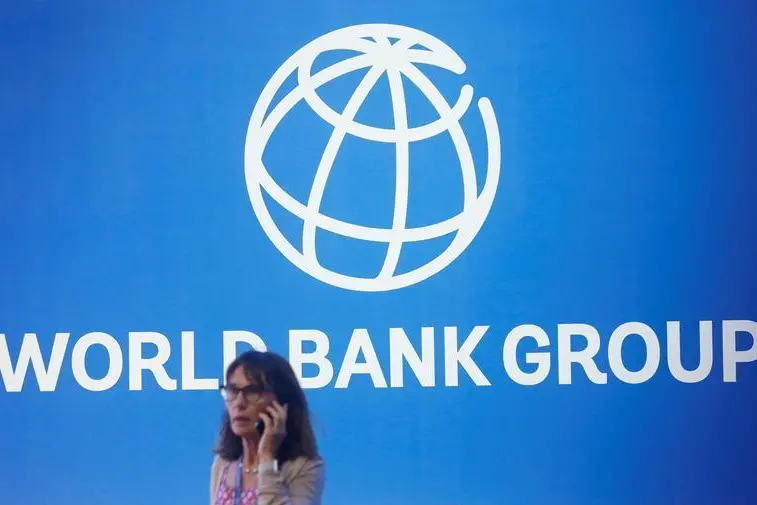PHOTO
DUBAI - Economic growth in the Middle East and North Africa (MENA) is forecast to be "uneven and insufficient" this year, as oil exporters benefit from surging prices while higher food prices hit the whole region, the World Bank said on Thursday.
The war in Ukraine is also disrupting supplies and fuelling already-high inflation, it said.
GDP in the region is forecast to rise 5.2% this year after an estimated 3.3% expansion last year and 3.1% contraction in 2020, the World Bank said in a report, noting its own and others' forecasts had been overly optimistic in the past decade.
"Even if this high growth rate for the region as a whole materializes in this context of uncertainty, and there's no guarantee that it will ... (it) will be both insufficient and uneven across the region," Daniel Lederman, World Bank lead economist for the MENA region, told Reuters.
High-income oil exporters in the six-nation Gulf Cooperation Council (GCC) will benefit the most, but middle-income ones like Iran, Algeria and Iraq are also set to benefit. All MENA countries, however, are net importers of food "and will suffer the consequences," Lederman said.
The GCC is expected to notch up 5.9% growth this year, buoyed by oil prices and helped by a vaccination rate much higher than the rest of MENA as the risk of COVID-19 variants also looms.
The GCC's GDP is estimated to have risen 3% last year after contracting 5% in 2020.
"The oil futures markets are predicting that in a few years ahead, the equilibrium price of oil will be no more than $70," Lederman said.
"So it's prudent to treat the current circumstances as temporary, or transitory, and do everything that is feasible to save a significant portion of this oil windfall in order to save for the future, especially in times of uncertainty."
GREATER TRANSPARENCY
GDP per capita, a measure of people's living standards, is expected to rise 4.5% in the GCC this year and is not seen surpassing pre-pandemic levels until 2023, the World Bank said.
Most MENA economies - 11 out of 17 - are not seen exceeding their pre-pandemic GDP per capita in 2022, it said.
Lederman urged greater transparency from MENA governments regarding their economic data, citing this as a factor behind previously overoptimistic forecasts.
"Published research in leading economic journals in the world indicate that overly optimistic and imprecise forecasts are associated with debt and financial vulnerabilities, higher probability of financial crises and even economic contractions in the near future," he said.
Countries that are net importers of oil and food and which entered 2022 with high levels of debt as a ratio of GDP were most vulnerable, he said, pointing to Egypt and Lebanon as examples. He said food security was a serious risk, even in Morocco, where a drought is expected to turn it from a modest net exporter of food to an importer this year.
The region's oil importers are seen growing by 4% this year from an estimate of 4.2% growth in 2021 and 0.8% contraction in 2020.
"There's a lot of pain that's being felt, particularly by the poorest and the most vulnerable families among us, and that's because the poorest and most vulnerable families spend a larger share of their family income and budgets on food and energy," Lederman said.
(Reporting by Yousef Saba; Editing by David Holmes)





















